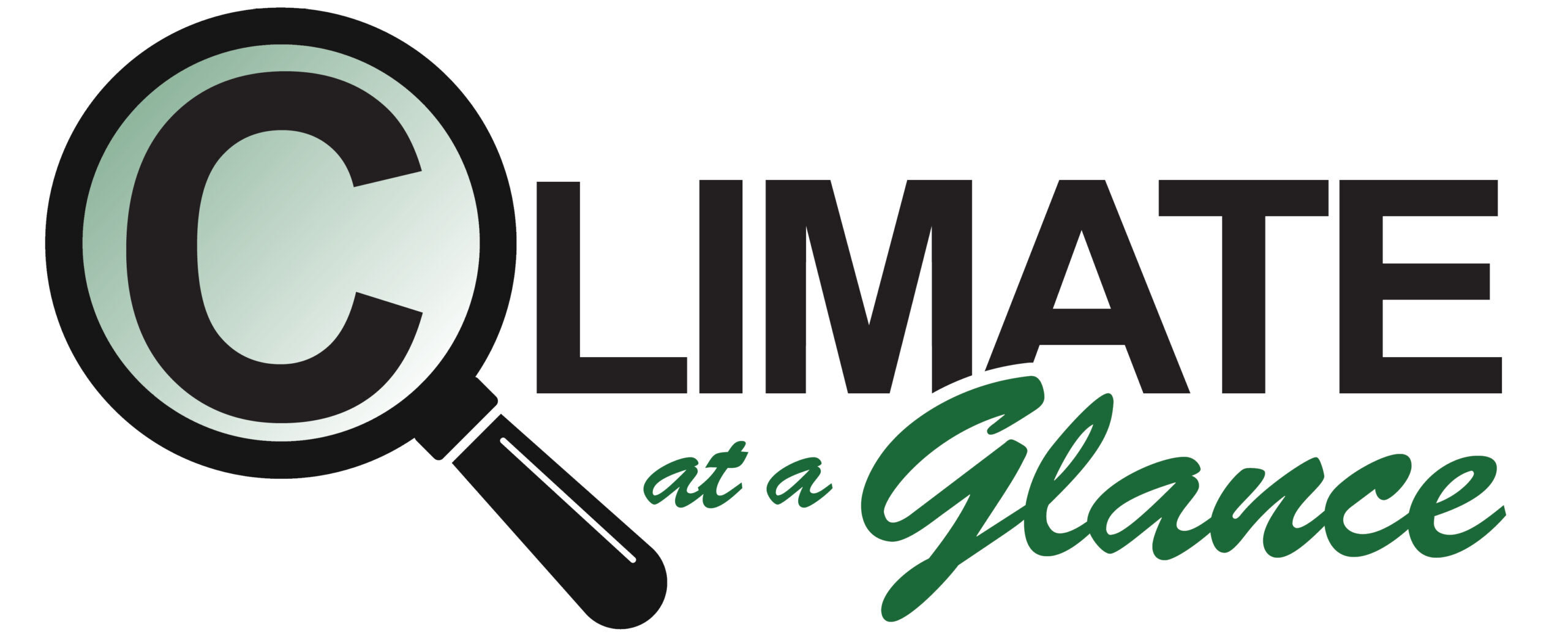Key Takeaways:
- Climate activism rather than climate change poses a significant threat to U.S. national security.
- The economic strength of the United States is the single greatest factor for ensuring our military remains dominant. However, proposals to restrict U.S. carbon dioxide emissions impose expensive, jobs-killing, economy-killing energy sources on the economy.
- Earth’s modest recent warming is reducing “threat multipliers” such as crop failures and weather-related catastrophes.
- The world runs on conventional energy sources such as coal, oil, and natural gas. The United States possesses and produces more of these resources than any other country. Restricting U.S. production, use, and export of these energy sources would leave the United States and its global allies at the mercy of potentially hostile foreign nations.
Short Summary:
Economic strength is the most important factor in determining a nation’s ability to fund and deploy a powerful military over the long term. America’s economic might is one of the primary reasons it has, by far, the world’s most capable military, even though Russia and Canada are larger in size, geographically, and China and India have far more people.
Affordable energy is the lifeblood of America’s economy. Forcing businesses, households, and government agencies to unnecessarily depend on expensive energy sources would reduce economic output and limit United States’ ability to fund and deploy a robust military. Thus, climate activism puts U.S. national security at grave risk.
Although climate activists claim global warming is increasing national security “threat multipliers,” the truth is, the opposite is happening. Even if one accepts climate activists’ dubious claims that weather events like droughts and floods pose a serious threat to U.S. national security interests, or that climate change is causing or will soon cause waves of climate refugees to stream across America’s borders, Earth’s modest recent warming has actually had a net beneficial impact on extreme weather events and agriculture. For instance, the frequency and severity of droughts, crop failures, weatherrelated deaths, and wildfires have all declined in recent decades relative to the long-term historical record.1
One of the most important examples is global crop production, which has experienced consistent growth in the twenty-first century, in large part due to the presence of higher-than-usual atmospheric carbon dioxide and modest warming trends. Global crop yields have set new records nearly every year, reducing climate-related pressures for people to flee their countries.2
Additionally, the United States is one of the world’s leading producers of the coal, oil, and natural gas that power the American and global economies.3 This affords Americans energy security and allows them to bolster allies against the threat of geopolitical energy threats.
By contrast, rare earth minerals are necessary for the construction of wind and solar power equipment. China produces and refines more rare earth minerals than the rest of the world combined.4 Restricting U.S. conventional energy sources and switching to a wind- and/or solar-based economy would place the United States and its allies at the mercy of the Chinese Communist Party.5
References:
- See various articles on climate-related weather events published by Climate at a
Glance, The Heartland Institute, climateataglance.com. - U.N. Food and Agriculture Organization, “World Food Situation,” fao.org, March 12,
2020, http://www.fao.org/worldfoodsituation/csdb/en - Robert Rapier, “The Ten Countries That Dominate World Fossil Fuel Production,”
Forbes, June 14, 2019, https://www.forbes.com/sites/rrapier/2019/07/14/ten-countriesthat-
dominate-fossil-fuel-production - Melissa Pistilli, “10 Top Countries for Rare Earth Metal Production,” Rare Earth
Investing News, March 23, 2021, https://investingnews.com/daily/resource-investing/
critical-metals-investing/rare-earth-investing/rare-earth-metal-production - James Taylor, “Global Warming Energy Restrictions Threaten U.S. National Security,”
Policy Brief, The Heartland Institute, March 2019, https://heartland.org/publications/global-warming-energy-restrictions-threaten-us-national-security/
Climate At A Glance is a Project of The Heartland Institute
Email: think@heartland.org
View this page in our printable booklet (PDF) here.
Image licensed from Can Stock Photos


